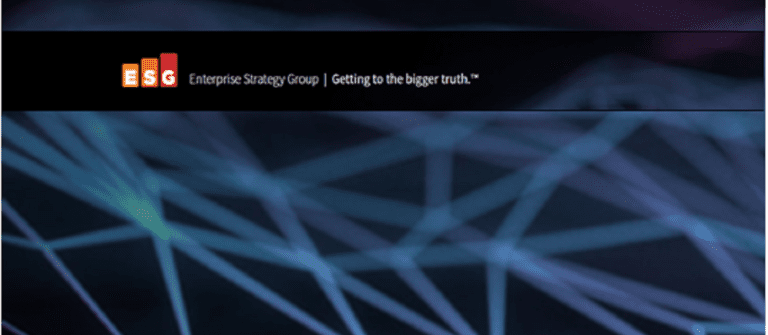IGEL Blog

3 in 5 Workspace Delivery Priorities Involve Security. How Do We Address Them?
A new report by ESG poses a question we’ve likely all had on our minds, particularly recently with the greater demands placed on enabling and simplifying remote work: are desktops doomed?
Given new trends in digital workspaces, including VDI and DaaS, ESG Senior Analyst Mark Bowker believes there is a convergence of factors that are creating the ideal conditions for alternate endpoint strategies. These strategies support the consumption of desktops from a centralized data center or cloud for consistent, productive end-user experiences regardless of location, couple with a consistent IT desktop management experience that supports workers when and how they want to work.
Yet, in the context of delivering these new virtual and cloud workspaces, a heightened priority on security comes to light. Even while 79% of IT professionals believe alternative desktop delivery models such as VDI and DaaS are more secure than traditional desktop delivery models, security is still a concern.
In fact, according to the research, three of the top five workspace delivery priorities involve security. In addition to improving employee collaboration (37%) and managing user expectations of access, device choice and application preferences (35%), detecting security incidences, vulnerabilities and risk (36%), controlling and setting conditions for endpoint security policies (32%) and responding to security incidents, vulnerabilities and risk (31%) were listed in the top five:

To help resolve these security concerns, IGEL is the perfect solution. Here’s how:
- Enterprise-level security is built in. Working to minimize the risk of security incidents and vulnerabilities, IGEL OS is based on a highly secure Linux-based operating system which is virtually impossible to manipulate and is extremely resistant to viruses and other malware. That takes the risk and challenge of detecting and responding to endpoint security breaches down to the absolute minimum.
- Premium security features are standard. IGEL takes built-in security a step further with support for two-factor authentication, smart card readers and trusted application execution – security features that extend your level of protection at the edge via IGEL’s vast technology partner network.
- Secure policy management is simple. Using the IGEL Universal Management Suite (UMS) policy management and control can be easily managed for up to tens of thousands of endpoints from a single console. That means, using simple drag-and-drop configuration and management, endpoint policies can be set and applied for granular control. Active Directory policies and profiles are easily integrated.
- No local data is saved on the endpoint. Using IGEL OS, no data is stored on the actual endpoint device – it’s all stored in the secure cloud or data center where it can be compliantly managed and secured. This gives IT much greater control of security while users remain productive and happy.
- System-wide integrity is assured. Using IGEL’s unique “chain of trust” capability, all components of VDI or cloud workspace implementation are verified system-wide as secure and trustworthy. That means each discrete step from the endpoint to the cloud or data center is validated, and is only started if it is cryptographically signed by a trusted party.
With heightened manageability and the agility to support users any way and anywhere they want to work, VDI and DaaS will overtake traditional desktops in the workplace – sooner rather than later. Read the ESG report to see why the success of VDI and DaaS are tied to improved efficiency, security and sustainability – three value propositions underscored through the use of IGEL. Download the ESG report here: https://www.igel.com/esgsurvey/


